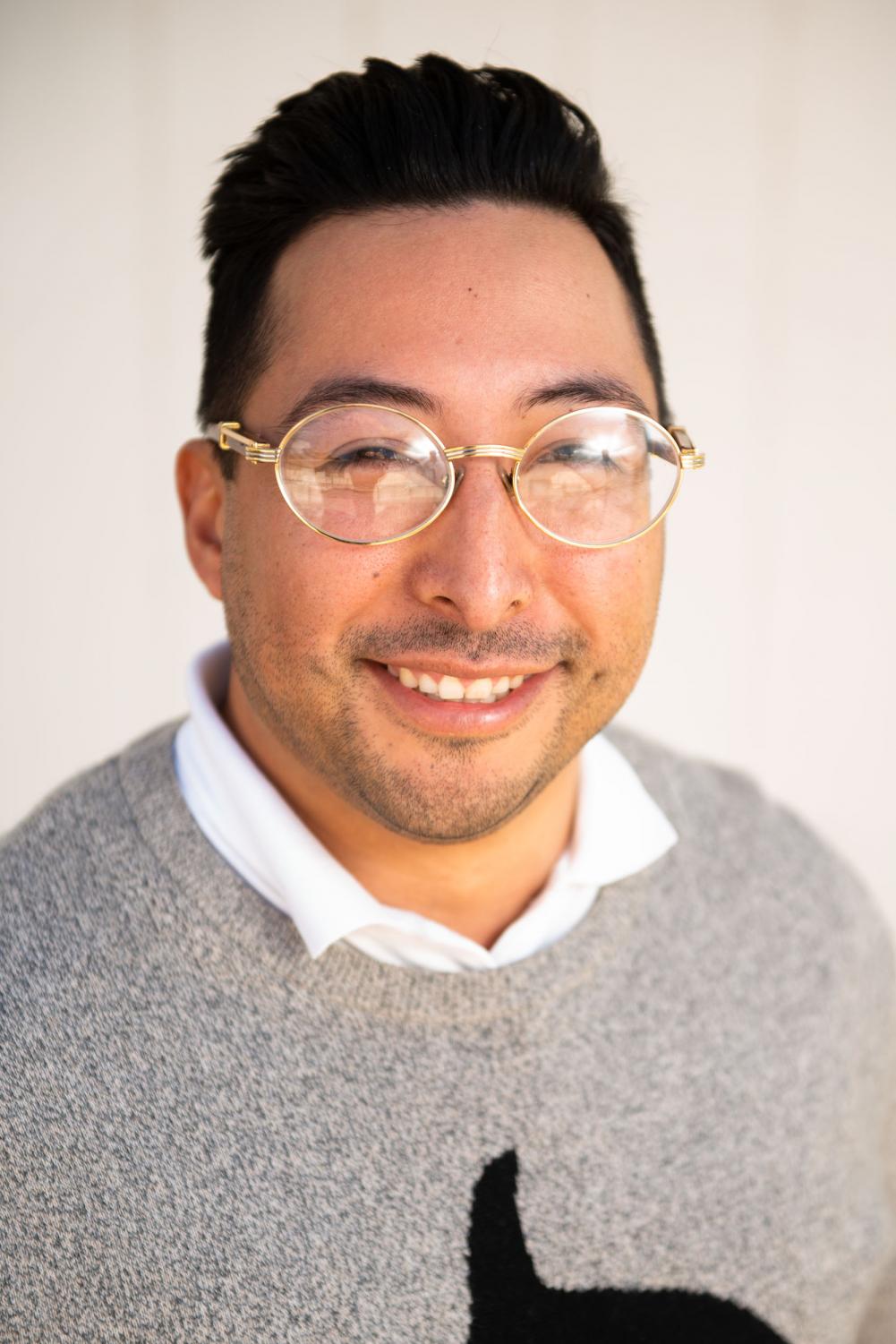 It’s a weird feeling to be told that somebody is surprised by how smart you are.
It’s a weird feeling to be told that somebody is surprised by how smart you are.
This is something I can remember teachers, counselors, coaches and classmates telling me throughout my childhood, and while I always appreciated the boost in confidence it gave me, I couldn’t ignore the subtle sting in the fact that my intelligence always had to be qualified as “surprising.”
It took a while for me to understand why they had assumed I should struggle in school.
My mother was born in Guadalajara, Mexico, and though she attended both City College and UCSB, she never earned a degree. She was a single mother of two and we were her first priority. So she decided to drop out of college and work full time to support me and my sister.
For as long as I can remember, she read me books. As soon as I learned to read, it became the perfect fix to my unending curiosity about the world around me. I loved to read scary stories, books about sports, history books and mysteries.
When I switched schools, the counselors never asked me about my love for books. They never saw my eagerness to explore and learn new topics. It seemed like the only thing they saw my last name, that I had been brought into school by a single mother and that my father’s name was not even listed as an emergency contact.
They placed me in remedial courses.
In these classes, where I spent weeks learning things I already knew, I quickly became bored. I wasn’t engaged, and I remember questioning why all the Hispanic children were in one class, and the white friends I had met playing sports were in another.
When children struggle to focus, they’re often made to feel like there’s something wrong with them. Maybe there are problems at home, maybe a developmental issue or mental disorder.
I was brought in for testing, and the school found that there was nothing wrong with me. They had just placed me in a class that wasn’t at all challenging. I was immediately moved into the school’s GATE program, in a group class with students a year older than myself.
In this new environment, I flourished. The group projects were fun. We read novels and had discussions like a children’s book club. The teacher made me feel valued and confident.
Even in this new environment, I still held a strange feeling of being different. I was one of the few children of color in my class, and I began to drift away from my Hispanic friends who were still in remedial classes.
I was stuck between two worlds. One foot in each, but neither feeling like my home. It’s something I find myself struggling with even today.
I recently came back to school, with the help of the Transitions Program. In my first summer bridge course, I was surrounded by students who looked like me and who shared similar stories. Now in my second full semester, I often find myself in classes with younger students who don’t share my same experiences.
City College recently did away with its remedial courses, keeping with a nationwide trend among community colleges that have found these courses tend to be counteractive. Students tend to become discouraged, and those that do pass still struggle when they reach higher levels.
They often do better if placed in those higher courses right away, with the expectation of them being able to keep up.
In my experience, I’ve always performed better once I knew that more was expected of me, and these expectations are what keep me motivated. It’s gratifying to know when someone expects you to be smart, and not surprised by it. That I’m not successful in spite of something, but I’m just being myself and that’s enough.





